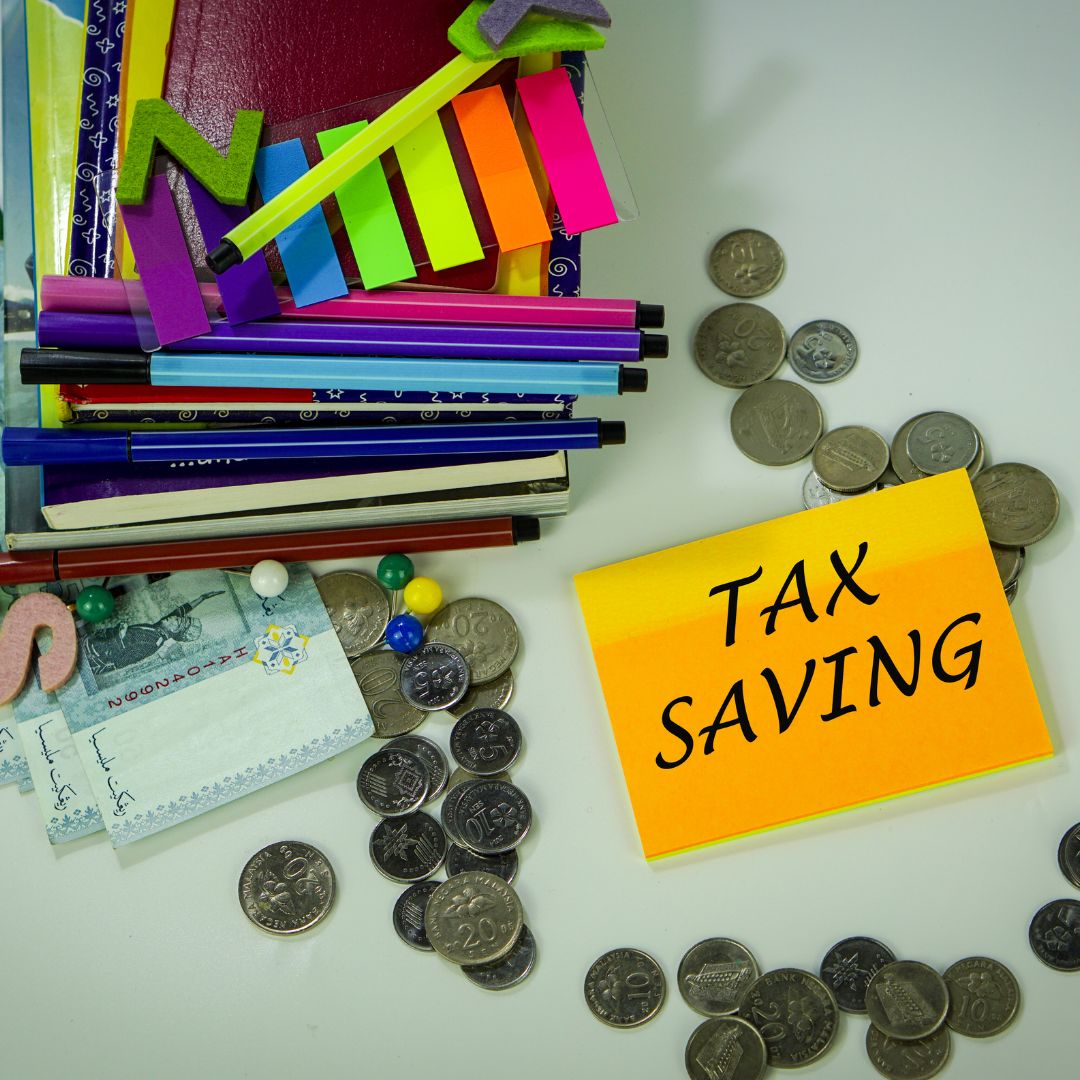Keeping accurate and organized tax records is not only a good practice, but it’s essential for financial health. Whether you're a business owner, freelancer, or salaried employee, having proper records can significantly impact your tax filings and ultimately save you money. Many people overlook the importance of maintaining these records, but proper documentation can provide key benefits when tax time rolls around.
1. Deductions and Tax Savings
One of the most significant ways keeping tax records saves money is by ensuring that you don’t miss out on valuable deductions. Many taxpayers qualify for various deductions, such as:
- Business Expenses: Freelancers, contractors, and business owners can write off a wide range of expenses, from office supplies to travel costs. Keeping a record of these expenses helps ensure you take advantage of all eligible deductions.
- Charitable Contributions: Donations to charity can be tax-deductible, but only if you have proof of the donation. Keeping receipts and detailed records of your charitable contributions ensures you don’t miss out on this benefit.
- Medical Expenses: Certain medical expenses may be deductible if they exceed a specific threshold of your adjusted gross income (AGI). Retaining records of these costs can help you claim any qualifying medical deductions.
- Home Office Deduction: If you work from home, you may be eligible for a home office deduction. To qualify, you need to maintain records of your home office space, utilities, and other related costs.
Without these records, you may fail to capture deductions that could lower your taxable income, meaning you’ll pay more in taxes than necessary.
2. Audit Protection
Tax audits, though rare, can happen to anyone. One of the best ways to protect yourself in the event of an audit is to have complete and accurate records of your financial transactions. When the IRS requests supporting documentation, having detailed tax records will make it easier to provide the necessary evidence.
- Proof of Income: Keeping track of your W-2 forms, 1099s, and other income records will protect you if the IRS questions your reported income.
- Receipts and Invoices: When it comes to expenses and deductions, it’s crucial to have receipts and invoices as evidence of your claims. Without proper documentation, the IRS may disallow those deductions, increasing your taxable income and your overall tax liability.
In the event of an audit, organized tax records not only make the process smoother but can also prevent penalties or fines for inaccuracies in your tax filings.

3. Tax Filing Accuracy and Timeliness
Having organized tax records makes it much easier to file your taxes accurately and on time, reducing the chances of errors that can lead to penalties or missed opportunities for refunds.
- Filing on Time: Keeping good records means you won’t be scrambling to find documents right before the tax deadline. You can avoid late filing penalties by ensuring you have everything you need well in advance.
- Avoiding Mistakes: When tax records are properly organized, you can quickly reference them when filling out tax forms, reducing the chances of making costly mistakes that could result in fines or an audit.
By staying ahead of the game with organized records, you can reduce stress and avoid penalties that could increase your tax burden.
4. Better Financial Planning
In addition to tax-related benefits, keeping tax records can provide insights into your overall financial health. Reviewing past tax returns and financial documents can help you track your income, expenses, and overall financial progress. This can help you make smarter decisions in the future.
- Tracking Deductions Year-to-Year: By keeping a history of your tax deductions, you can plan for future years, ensuring that you don’t miss opportunities for savings.
- Planning for Retirement: Understanding your taxable income over the years can help you plan for retirement savings, including contributions to tax-advantaged accounts like IRAs or 401(k)s.
- Assessing Your Financial Goals: Regularly reviewing your tax records can highlight trends in your income and spending habits, helping you set and achieve financial goals more effectively.
By keeping track of your tax records year over year, you can also identify opportunities to adjust your savings and spending habits for long-term financial success.
5. Claims for Previous Years
Tax situations can change over time, and having access to records from previous years allows you to amend past returns if needed. For example, if you discover that you missed a deduction or incorrectly filed an expense, you can often amend your return and claim a refund for overpaid taxes.
- Amend Returns: If you realize that you missed a deduction or made an error, you can file an amended return for the year in question. However, you need accurate records to substantiate your claim for the deduction.
- Carryovers: Certain tax benefits, such as unused charitable deductions or net operating losses (NOLs), can be carried forward to future years. Having these records readily available ensures that you don’t miss out on these long-term savings opportunities.
In this way, keeping tax records can help you correct past mistakes and ensure you receive the full benefit of your tax filings.

6. Simplified Tax Preparation
Whether you prepare your taxes yourself or hire a tax professional, having organized records makes the entire tax preparation process more efficient. It allows you to get through the filing process faster, saving both time and money.
- DIY Tax Prep: If you’re using tax software or doing your own taxes, having all your records in one place makes the process much smoother. You won’t waste time looking for lost receipts or documentation, which can otherwise cause delays.
- Professional Tax Prep: If you hire a tax professional, having well-organized records can help them do their job more efficiently. This can reduce the cost of professional tax services, as the preparer will spend less time sorting through your documents.
Overall, proper record-keeping saves time, and as a result, it can help you avoid paying for expensive tax preparation services.
How Long Should You Keep Tax Records?
Knowing how long to keep tax records is just as important as maintaining them. According to the IRS, you should keep records for at least three years from the date you file your return. However, some documents, like property records, may need to be kept longer, especially if they are related to a property sale or long-term investments.
- Three Years: Generally, you should keep tax records for at least three years, which is the IRS’s statute of limitations for auditing most tax returns.
- Seven Years: If you file a claim for a loss due to bad debt or a claim for a loss from worthless securities, the IRS suggests keeping records for up to seven years.
- Indefinitely: Keep records of property sales and retirement accounts indefinitely, as these may be needed for future tax filings or capital gains calculations.
Conclusion
While it might seem tedious, keeping tax records is a crucial step in maximizing your tax savings, protecting yourself in the event of an audit, and ensuring that you’re filing accurate and timely returns. By maintaining organized records, you’re not only reducing the risk of errors but also ensuring that you can take full advantage of deductions, carryovers, and potential refunds.
So, start today by keeping track of your receipts, invoices, and tax documents, and make tax time a lot easier — and more financially rewarding — for yourself in the years to come.



